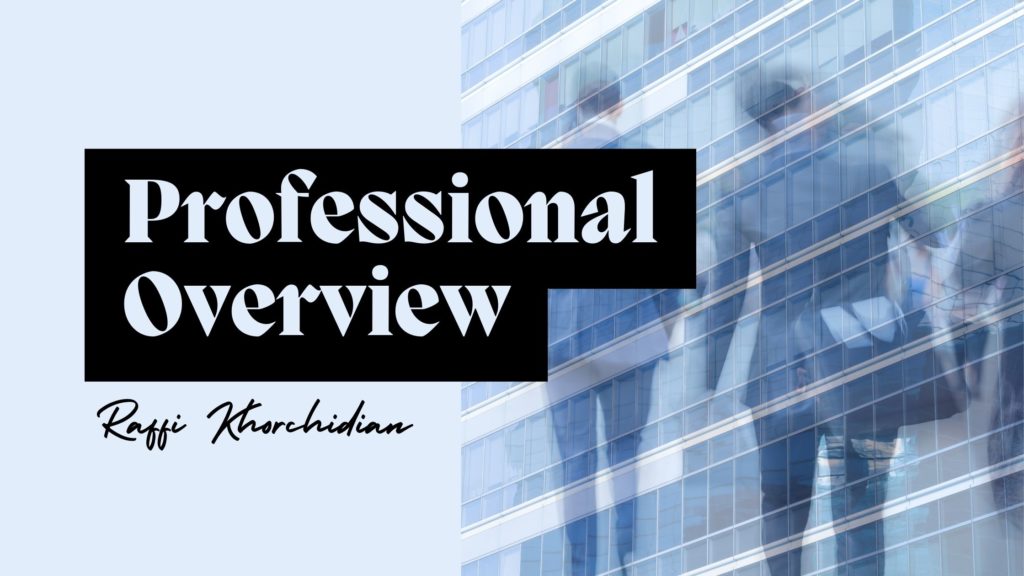
A news story about a change in your department can lead to predictions and rumors about how it will affect you. Misunderstandings and tensions can then develop, and conflict can arise. Managing disputes is very important to be an effective team player.
Misunderstandings cause some forms of conflict in the workplace. Others are triggered by bullying, sexual harassment, and discrimination. Understanding how these can affect conflict development can help you manage it.
Promote Healthy Relationships at Work
A relationship is not necessarily defined as closeness or friendship. It refers to a mutual understanding of each team member regarding their roles and responsibilities. Establishing professional connections with coworkers can be beneficial.
Communicate!
Lack of understanding and communication can lead to conflicts. This is why it is essential to voice your opinion civilized instead of allowing anger and resentment to build up.
Deal With It Quickly
Rather than putting off a conflict, try to resolve it as soon as possible. It can be hard to deal with, but delaying it can negatively affect your team’s performance. A culture of accountability can help motivate your employees to take ownership of their disagreements.
Identify the Type of Conflict
Before you start dealing with a conflict, try to identify the cause of it. This will help you determine the type of conflict and how to resolve it. You might spend too much time addressing unrelated issues if you don’t know which type of conflict it is.
Find Common Ground
One of the most important factors you can consider when resolving a conflict is finding common ground. If you are the one who is directly involved in the situation, try to focus on the positive instead of the negative. If you are the mediator, try to help point out the other side’s common ground.
Listen to Those Involved
One of the most crucial skills you can acquire in the workplace is active listening when you pay close attention to the other person’s side of the story. Even if you are directly involved in the conflict, it is still essential to avoid getting carried away by your own opinion. Instead, try to focus on listening and talking to the other person.
Create a Plan
After you have gotten the issues in the open, it’s time to resolve them. This can be done by developing a plan and following through with it. Although it doesn’t matter what it is, just that you commit to doing it.
